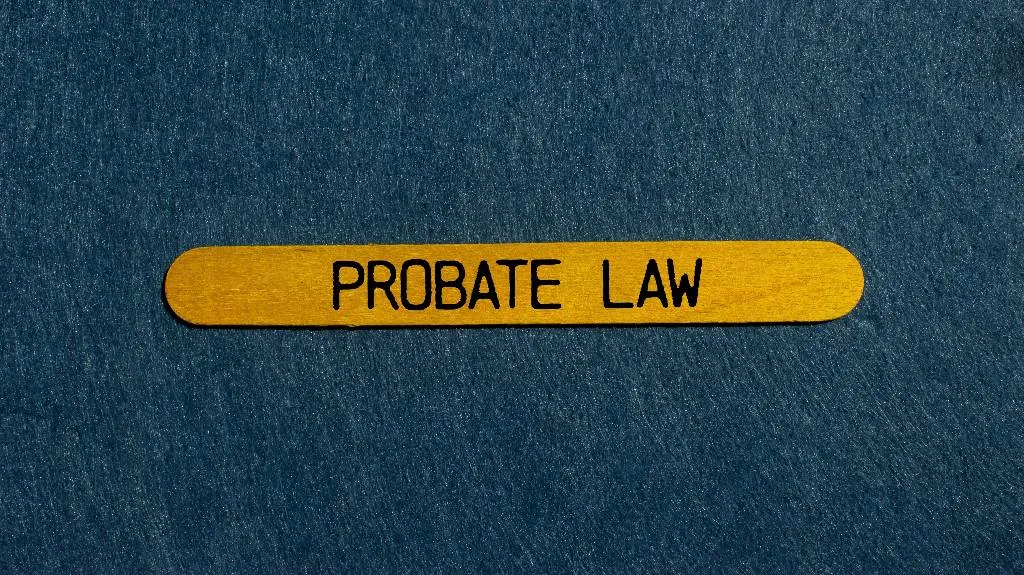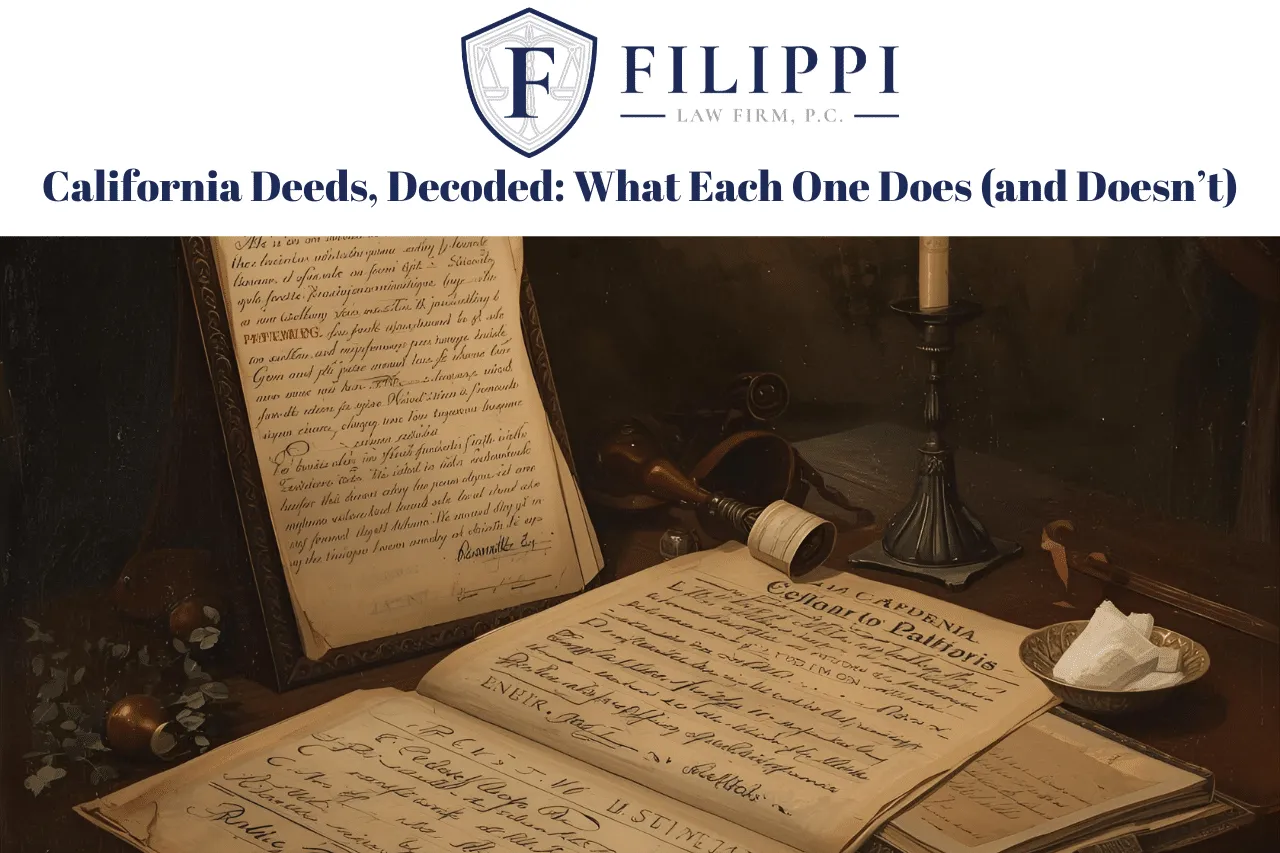In contemporary society, blended families are becoming more prevalent, in which one or both spouses have offspring from previous relationships. Blending families can be a source of happiness and new beginnings; however, it also presents distinctive obstacles, particularly in the realm of estate planning. To guarantee that all loved ones are cared for in accordance with your wishes and that potential conflicts are minimized, estate planning is essential for blended families in Rocklin.
This article will examine the primary estate planning considerations for blended families, offering solutions to common issues and providing a real-life example of how deliberate estate planning made a substantial impact. Additionally, we will emphasize the significance of proactive planning in the Rocklin community by optimizing the discussion for residents.
The Intricacies of Estate Planning for Blended Families
Multiple layers of relationships, each with its own set of expectations and potential concerns, are frequently present in blended families. These complexities can result in unintended consequences if an estate plan is not well-structured, such as the disinheritance of children from previous marriages, conflicts between step-siblings, or disputes over asset distribution.
Common obstacles encountered by blended families in estate planning include:
1. Guaranteeing Equitable Asset Distribution
The equitable distribution of assets among the surviving spouse, stepchildren, and biological children is a primary concern in blended families. In numerous instances, spouses may wish to guarantee that their biological children receive a specific percentage of their estate, while also providing for their current spouse.
2. Safeguarding the Interests of the Surviving Spouse
In certain circumstances, a spouse may be concerned that their children from a previous marriage will be disinherited if they outlive their current spouse. In contrast, the surviving spouse may be concerned about being left without adequate resources if the deceased spouse’s assets are predominantly allocated to their biological children.
3. Reducing Family Conflicts
Estate planning for blended families can be a complex process that necessitates the careful consideration of the requirements and expectations of multiple parties. The absence of explicit instructions may result in family members engaging in disputes, which can result in costly legal battles and disrupted relationships.
4. Addressing Legal and Tax Issues
Blended families may encounter additional legal and tax obstacles, particularly in terms of guaranteeing that all beneficiaries are treated fairly. For instance, the utilization of specific trusts can ensure that the surviving spouse is adequately supported while simultaneously safeguarding the assets of the deceased spouse’s children.
Estate Planning Strategies for Blended Families
In light of these relationship intricacies, it is imperative to collaborate with an estate planning attorney who is well-versed in the unique requirements of blended families. The challenges previously mentioned can be effectively addressed through the implementation of the following strategies:
1. Develop a Comprehensive Estate Plan
A comprehensive estate plan is an absolute necessity for blended families in Rocklin. This strategy should encompass a Last Will and Testament, powers of attorney, healthcare directives, and, in numerous instances, trusts. These documents guarantee that your intentions are legally enforceable and explicitly stated.
2. Create a Revocable Living Trust
A Revocable Living Trust can be an exceptional resource for blended families. It enables you to oversee your assets during your lifetime and offers explicit instructions for their distribution following your death. A living trust offers a substantial advantage in that it prevents probate, which guarantees a more efficient and cost effective transfer of assets to your beneficiaries.
For instance, you may establish the trust to ensure that your surviving spouse is provided for during their lifetime, with the remaining assets being transferred to your biological children following your spouse’s passing. This method assists in maintaining a balance between the interests of the surviving spouse and the offspring of a previous marriage.
3. Employ Qualified Terminable Interest Property (QTIP) Trusts
A QTIP trust is specifically intended to meet the requirements of blended families. This form of trust enables you to provide for your surviving spouse while simultaneously safeguarding the remaining portion of the estate for your children. The trust provides income to the surviving spouse during their lifetime, and the remaining assets are transferred to the designated beneficiaries, frequently the offspring of a previous marriage, upon their death.
A QTIP trust can be employed to safeguard the inheritance of your biological children while also ensuring that your spouse is taken care of, thereby reducing the likelihood of family conflicts.
4. Life insurance may serve as an alternative.
Life insurance can be a beneficial asset in the estate planning of blended families. For instance, you could allocate certain assets, such as real estate or investments, to your children from a previous marriage, while utilizing a life insurance policy to support your current spouse. This method guarantees that the estate’s primary assets are not depleted, and both parties receive financial assistance.
5. Conduct routine updates to your estate plan.
The circumstances of blended families are dynamic, just as life is. It is essential to conduct regular reviews and updates to your estate plan to guarantee that it remains in accordance with your current family situation and desires. A review of your estate plan should be initiated in response to changes such as the birth of additional children, remarriage, or the acquisition of substantial assets.
Real-Life Example: The Benefits of Estate Planning for a Blended Family
Consider the situation of John and Mary, a blended family that resides in Rocklin. Mary had one child from her previous relationship, while John had two children from a previous marriage. John and Mary were apprehensive about the equitable distribution of their assets among their offspring and the financial security of the surviving spouse when they married.
Working with an experienced estate planning attorney, John and Mary established a Revocable Living Trust and a QTIP trust. The living trust provided specific instructions for the division of their shared assets among their respective offspring. The purpose of the QTIP trust was to ensure that the surviving spouse would not be financially vulnerable, while simultaneously preserving the remaining assets for the children. This was achieved by providing income to the surviving spouse.
Regrettably, John passed away several years later. Mary was able to maintain a comfortable lifestyle with the assistance of the income from the QTIP trust as a result of their meticulous planning. The trust’s instructions were followed to distribute the remaining assets to John’s offspring following Mary’s death. This estate plan was meticulously thought out to prevent potential conflicts, ensure the well-being of all family members, and ensure that John and Mary’s wishes were executed.
Conclusion
Careful consideration and expert guidance are necessary for estate planning in Rocklin for blended families. A comprehensive approach that addresses the requirements of all involved is necessary due to the unique dynamics of blended families. A plan that ensures the respect of your wishes, minimizes conflicts, and provides for your loved ones can be established by utilizing instruments such as life insurance, QTIP trusts, and Revocable Living Trusts.
At Filippi Law Firm, P.C., we comprehend the intricacies encountered by blended families and are available to assist you in navigating the estate planning process. Our objective is to offer you the assurance that your family’s future is secure. Contact us today to arrange a consultation if you reside in Rocklin and require assistance with estate planning.




